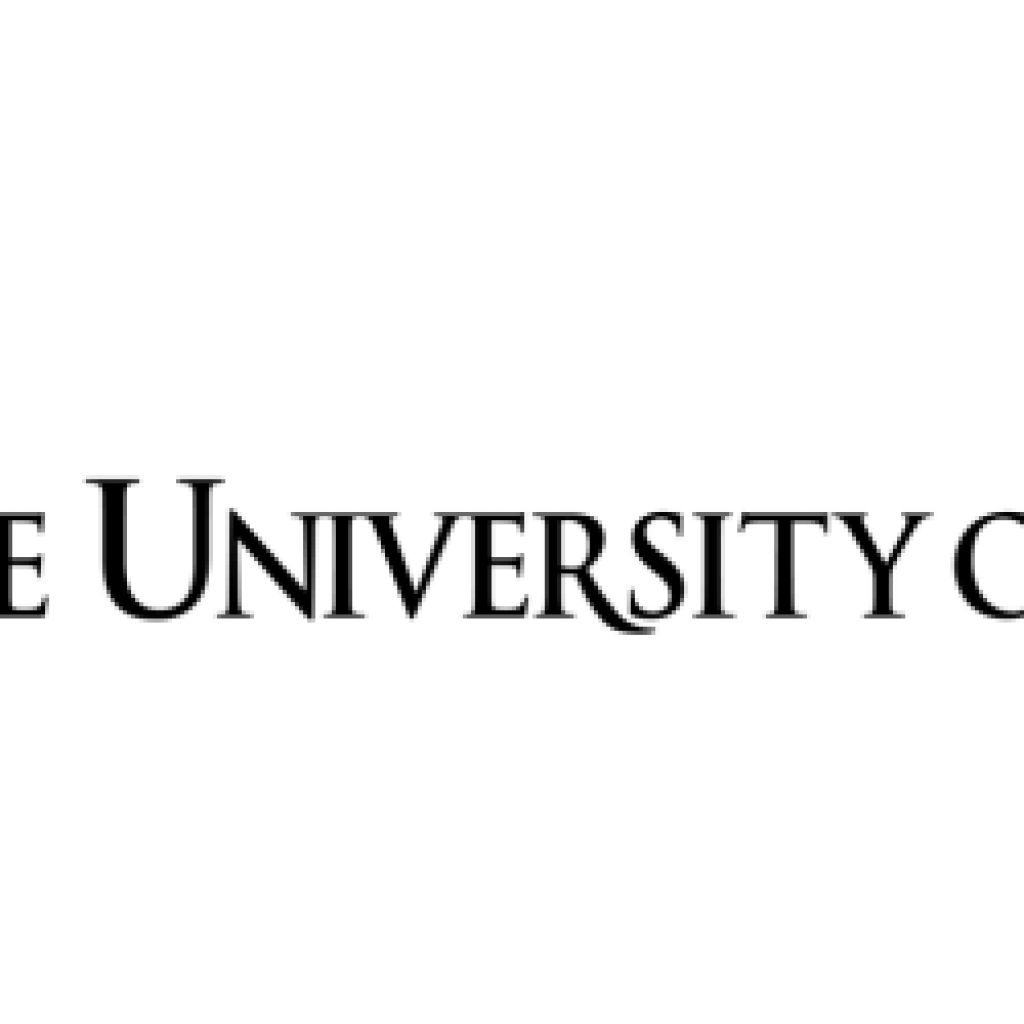(Phys.org) For the first time, researchers using machine learning dramatically improved the efficiency of verification for time-dependent quantum devices by incorporating a certain memory effect present in these systems.
Much research is underway to create tools for the design of quantum devices. Postdoctoral researcher Quoc Hoan Tran and Associate Professor Kohei Nakajima from the Graduate School of Information Science and Technology at the University of Tokyo have pioneered just such a tool, which they think could make verifying the behavior of quantum devices a more efficient and precise undertaking than it is at present. Their contribution is an algorithm that can reconstruct the workings of a time-dependent quantum device by simply learning the relationship between the quantum inputs and outputs. This approach is actually commonplace when exploring a classical physical system, but quantum information is generally tricky to store, which usually makes it impossible.
Tran and Nakajima turned to machine learning and a technique called quantum reservoir computing to build their novel algorithm. This learns patterns of inputs and outputs that change over time in a quantum system and effectively guesses how these patterns will change, even in situations the algorithm has not yet witnessed. As it does not need to know the inner workings of a quantum system as a more empirical method might, but only the inputs and outputs, the team’s algorithm can be simpler and produce results faster as well.
Novel algorithm allows for efficient and accurate verification of quantum devices
